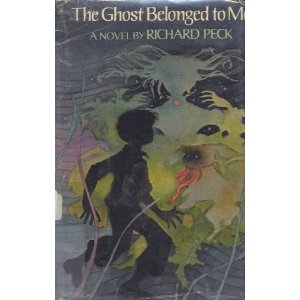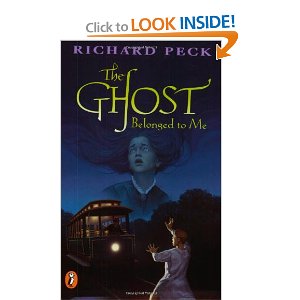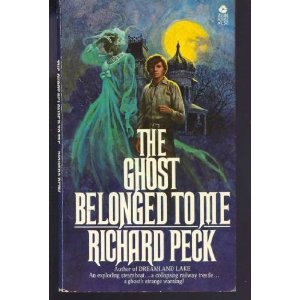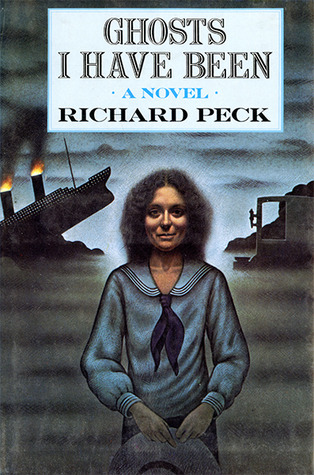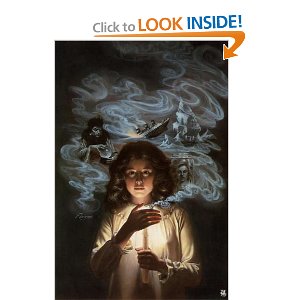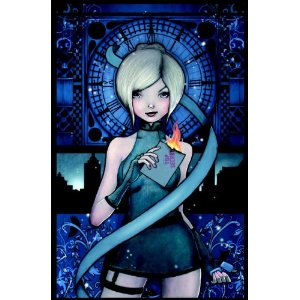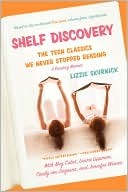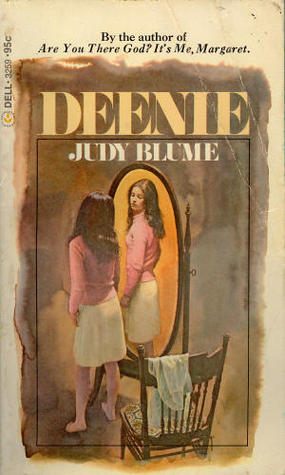Summer of Shelf Discovery: Week 8, Chapter 8: “Him She Loves”
Tuesday, July 31st, 2012This summer I’m doing Summer of Shelf Discovery, a readalong of Lizzie Skurnick’s Shelf Discovery and some of the books in it. Week 8 is “Him She Loves: Romanced, Rejected, Affianced, Dejected.” These books are discussed:
Forever by Judy Blume
Happy Endings Are All Alike by Sandra Scoppetone
Fifteen by Beverly Cleary
My Darling, My Hamburger by Paul Zindel
In Summer Light by Zibby Oneal
The Moon by Night by Madeleine L’Engle
To All My Fans, With Love, From Sylvie by Ellen Conford
Skurnick has 2 guest writers in this chapter, Tayari Jones on Forever and Margo Rabb on In Summer Light.
It’s an interesting mix of books. Happy Endings Are All Alike is not about a Him she loves. As Skurnick notes in the intro to the chapter, there’s only one book (the sweet but not saccharine Fifteen) that has a “happy” ending. In all the others, there is a breakup or an ambiguous ending. So, love hurts, which feels pretty true.
Interestingly, when I was a teen, I was also very into trashy/romance novels like those from Kathleen Woodiwiss, Judith McNaught, and Judith Krantz. While the list in Shelf Discovery is a good cross section of different relationships and endings, there was something very powerful drawing me to traditional narratives of boy meets girl, boy and girl fight, boy and girl make up, the end. So while as an adult I can appreciate the complicated books, as an actual teen, I preferred the happy endings ones. Perhaps as a balance to the Teen Problem books from Chapter 5?
Previous posts from the Summer of Shelf Discovery:
Chapter 6 “Girls Gone Wild: Runaways, Left Behinds and Ladies Living off the Fat of the Land”
Chapter 5 “You Heard It Here First: Very Afterschool Specials.”
Chapter 4 “Read ‘Em and Weep: Tearing up the Pages”
Chapter 3 “Danger Girls: I Know What You Did Last Summer (Reading)”
Chapter 2 “She’s at That Age: Girls on the Verge”
Chapter 1 “Still Checked Out: YA Heroines We’ll Never Return”
How To Read Along
